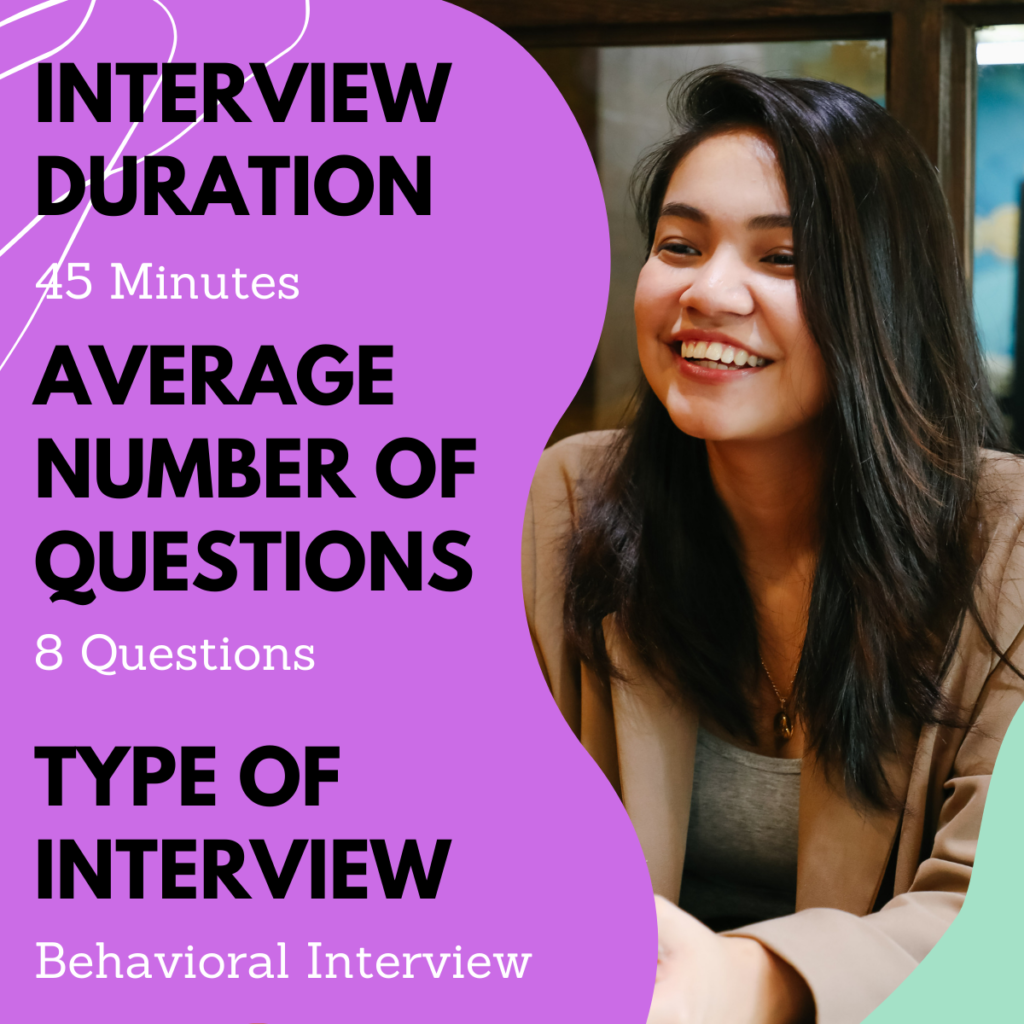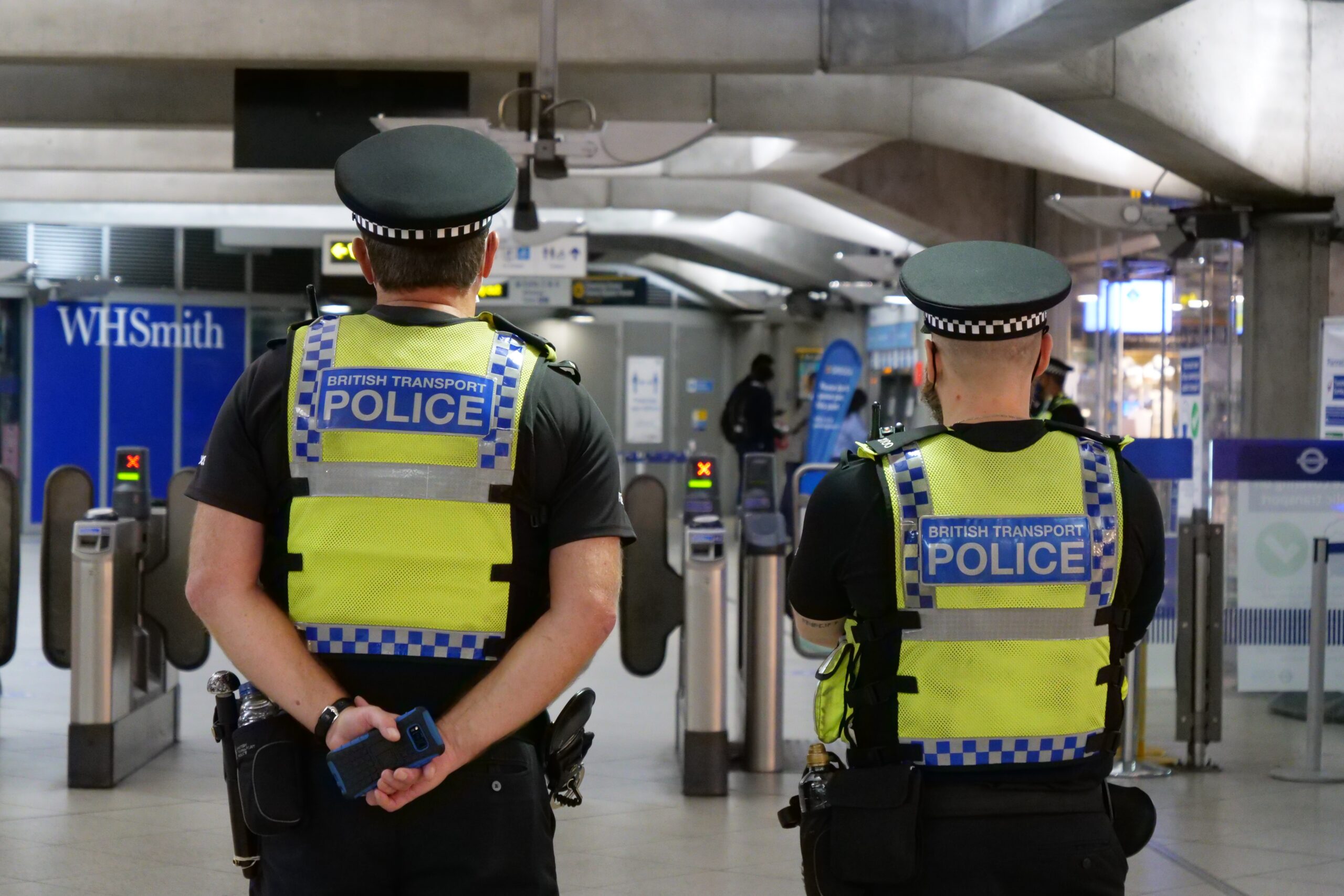Border Force officers are the frontline of law enforcement. Job interviews for a border force officer position are competitive. This article will explain the commonly asked interview questions and how best to answer them.
The job interview process will focus, in the main, on skills and experience as having a particular qualification isn’t required for this role.
How competitive is a border force officer job interview?

Interview Specfifcs

The main duties of a border patrol officer include:
- Patrolling the coastline, rail stations and airports
- Observing people and items and making judgement calls to identify risks
- Interviewing and questioning suspicious individuals
- Search baggage, vehicles and cargo
- Working with stakeholders IE alerting security services to people of interest
Job interview questions will be based on these job duties and the required skills to complete each task.
Recruitment Process for a Border Force Officer
Successful applicants must meet the minimum requirements stated below to secure a job interview:
- Fold a UK passport
- Lived in the UK for the past five years
- Be over 18 years old
- Hold a UK driving license
- Pass a medical examination
- Pass a security clearance check
The border force officer job interview is mainly a structured job interview process. Each question has been pre-written and the interview panel will allocate scores based on the criteria the job applicant references during the interview process.
In addition, there will be several strength-based interview questions. With that in mind, a border force officer interview is a hybrid job interview. Below we will list commonly asked job interview questions and answers.
The recruitment day may also consist of having to complete a group exercise and undertake numeracy and literacy tests.
Border Force Officer Job Interview Questions and Answers
Each region will have its own interview question for this position. But, due to the work duties, the questions may be worded differently but the required skills and experiences for the job role are the same. Meaning that the key message the answers should state is the same for all border force officer positions.
For each of the below interview questions, an explanation of how to answer each question will be given. It is important for all applicants to make their answers unique by adding in their own knowledge, experiences, and skills.
Interview Question One – Describe how your previous experience and skills suit the border force officer role?
Self-assured job interview identities do well here. This is because the initial interview question – ‘describe your experience…’ is an open job interview question.
Open questions allow applicants an opportunity to sell themselves by matching their skillset to the day-to-day duties of a border force officer.
This interview technique shows an employer that you:
- Understand the job role
- Have transferable skills relevant to the position
- Can communicate with confidence – a requirement for the job interview and the job role
First, job applicants need to understand the required duties and skills needed for the border force officer position. Which include:
- Strong observational skills, to spot suspicious or unusual behaviours
- The ability to gain vital information from the public through excellent listening and communication skills
- Able to confidently deal with the public who may be deliberately being deceitful
- A calm manner when dealing with stressed people and situations
- The experience of working within a diverse team
- Skilled at planning and collaboration
- Decision making skills
To answer the job interview question use the ‘duty x experience’ job interview formula.
Example:
“My past experiences and skill set is ideal for a border force officer job role. For the past 5 years I have (add previous job role) where I have learnt to (add essential skill for border force officer job role) An example of this is (give example).
I know the job role requires (add job duty) when working at (give example of completing a similar job duty in a previous position). I am also highly confident when it comes to (add person related skill) when I was a (add job role) I (add example).
Overall, i have a full understanding of the job duties for this position and my diverse work experience has armed me with a number of skills that I would utilise if recruited for this position.”
Interview Question Two – Give me an example of when you have communicated with an aggressive person?
As a border force officer it is highly likely that you will come face to face with hostile individuals.
Some criminals may use their assertiveness and aggression in an attempt to frighten a border force officer to let them into the country. It is obvious why the ‘aggressive’ interview question is common during the border force officer requirement process.
There are many ways to handle hostile and confrontational people. In the job interview it is good to focus on how you can remain calm during aggressive conversations.
Use the job interview formula: experience x explanation x experience outcome
First, state that you have experience communicating with aggressive individuals: ‘In all my previous roles working as a (a job role) I have had to deescalate aggressive situations. One example is when (state the situation but not the outcome)…’
Next, state the step-by-step logical process for de-escalation: ‘…because hostiles people attempt to push your buttons it is important to remain calm, as this gives you the power balance. Some aggressive individuals will use generic statements or ambiguity, while constantly swapping the point of their conversation, trying to confuse you. Here, it is important to ask specific questions to bring the conversation back on point. Others will use their body language, posture, or voice to attempt to frighten you. Using string eye contact and speaking at a calm pace with an open posture shows that you are not affected by their aggressive display…’
End with the outcome to the initial situation discussed in point one of the interview answer structure: ‘…going back to my example (add a reminder) I followed these steps which resulted in (add a positive outcome).’
Interview Question Three – Would you have done anything differently the second-time round?
Behavioral job interview questions are framed on past experiences:
- Tell me a time you did…
- Give me an example of when you…
- Have you ever had to….
The idea is that past behaviors predict future actions
Employers are fully aware that people learn from experiences, mistakes, and even successes. With this in mind, some employers will ask a follow-up strength-based interview question on the back of the behavioral job interview question. In this example ‘What would you have done differently second-time-around?’
This in fact is a great question to be asked. As an applicant can show growth and their distance traveled over a long duration in a job sector. In addition, any follow-up questions give rise to an opportunity to reference additional job criteria and therefore gain a higher overall job interview score.
To answer this question use the interview formula: summary x learning point x future projection:
‘Great question. I always reflect on the work vs outcome after the end of each project. As I mentioned this project was a success as I (repeat your unique selling points/actions taken/skillset)…
…..what I learnt from the project was (focus on what you learnt not the mistake)….
…If I was hired as a border force officer I would use (add skill/knowledge) when completing (add border force officer job duty).’
Job Interview Question Four – What are the main duties of a border force officer?
Embedded within the behavioural job interview questions, are knowledge questions.
Knowledge questions can be technical, such as: ‘What is the process when you suspect a person is a wanted criminal?’ These sector specific questions are mainly for border force senior positions and promotional roles. This is because a senior position, which has a higher salary, requires an experienced applicant.
For recruitment of new people into the industry, IE those with no direct experience, the knowledge questions are mainly on the job duties or required skills.
For the ‘duties’ questions, use the interview answer formula: Overview x specific duties x required skills.
As an example, ‘The role of a Border Force officer is essentially to create a safe border ensuring on legal applicants enter the country and to stop illegal trade from coming into the UK…’
Next add specific duties: ‘…the role consist of checking documents IE passports, travel documents and trade invoices. Also, a large part of the role is questioning passengers, searching people, luggage and vehicles. As well as, enforcing rules and regulations…’ Use the list of job duties above to make the answer unique.
Finally, add your relevant skillset: ‘…the required skills for this role include excellent observational skills (or add in any other skill that you possess that is required for this role) An example of using this skill is (add an example from a previous role).’
Job Interview Question Five – Give an example of enforcing rules and regulations?
The border force officer role is one where the employee must following internal processes and procedures. This is to ensure that offenders cant use a failure in the system as a way to dismiss a court trial case.
In the job role itself, border force officers will enforce rules and regulations on others. This could include the removal of goods during a luggage check or detaining illegal immigrants when they refuse to be detained.
The ‘enforcing rules’ interview question is a hard one to answer unless the applicant has worked in a uniformed job role.
For none-uniform job roles, the required example can be enforcing company policy and procedures. Other examples could include, as an example, asking a rude customer to leave the retail an applicant managed.
To answer the question:
Set the scene: Explain the situation, as an example a security guard removing rude customers from a venue. Give detail. The required process that was required to be enforced. The reasons for the enforcement and any other relevant details.
Actions taken: Next, and more importantly, explain how you were able to enforce the rule, process, or regulation. What was your manner and how this affected the situation. How did your communication skills assist with the enforcement. Anything else?
Outcome: What was the positive outcome to your actions. Did you have any lessons learnt?

Job Interview Question Six – Do you prefer following processes or trying new approaches?
As mentioned earlier, there will be a number of strength-based job interview questions. Strength-based interview questions ask about preferences. The employer is asking what working environment suits, with this example following process vs new approaches?
Other strength-based preference questions could include: teamwork vs own initiative? Authoritative management style vs coaching management style? Starting tasks or finishing tasks? Details vs big picture?
Two-ways to answer preference questions.
Option one: answer with both options.
To answer with both preferences, hedging your bets, you simply talk about the benefits and disadvantages of both options: ‘The advantage of A is ….but the disadvantage is…What I like about B is ….but you also have to consider…’
Option two: focus on the employers preference.
Employers, asking strength-based interview questions ask these to find suitable employees that fit within the culture of the company.
Therefore, with a little research; reading the job duties, company values and interviewing people who work for the organisation can give you the required insight to answer the interview question by describing what the employer wants to hear.

Job Interview Question Seven – Would you like to ask any questions of your own?
- What are the shift patterns for the border force officer job role?
- Can you describe the initial training that all new border force officer go through?
- What do you enjoy about the role?
- Is there anything you don’t enjoy?
- How would you describe the management style within the department?








